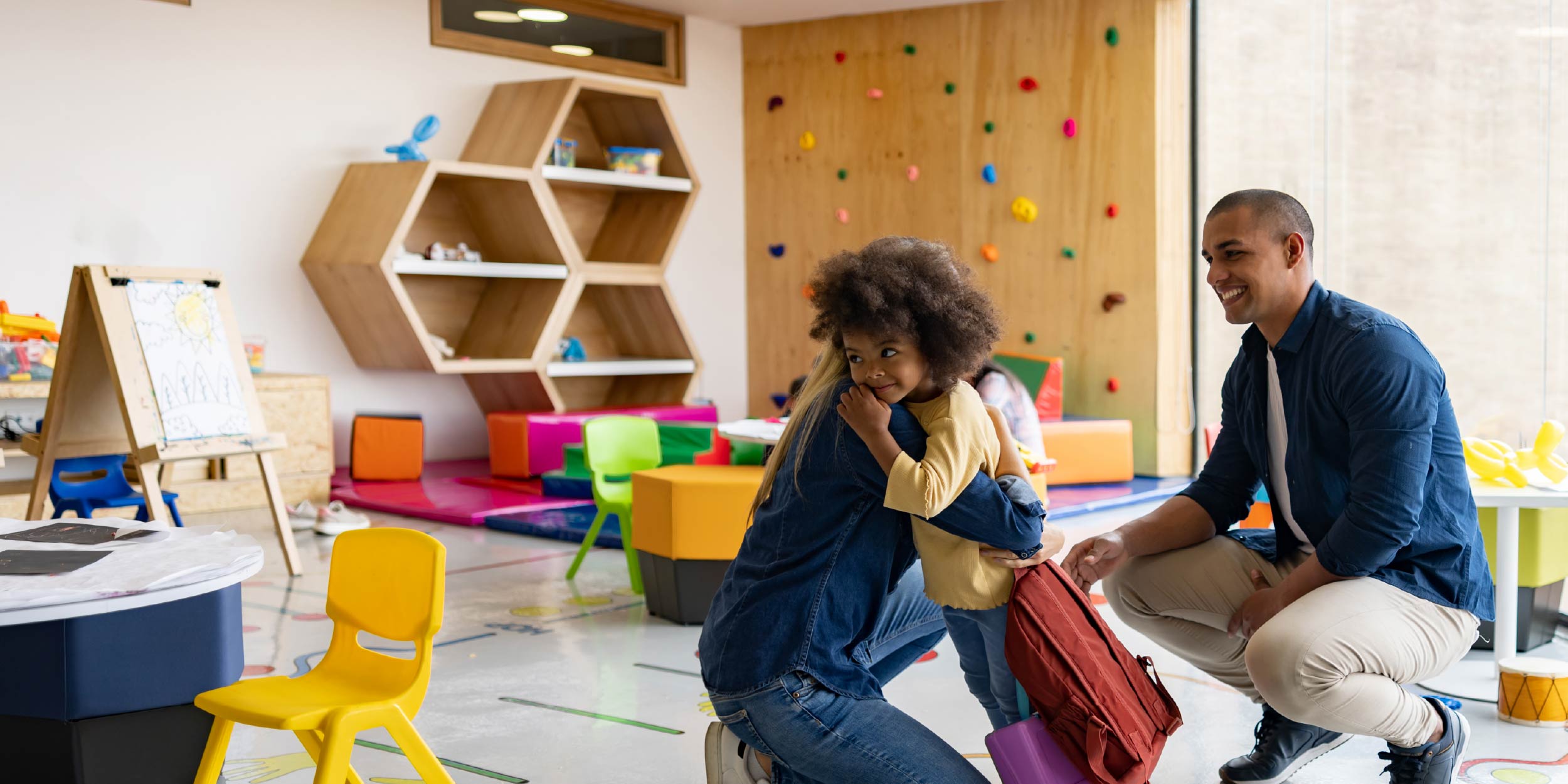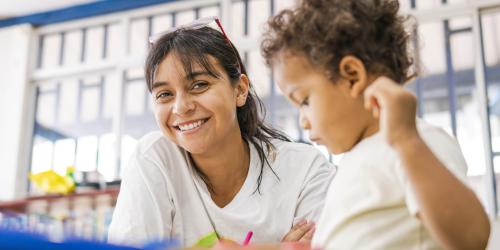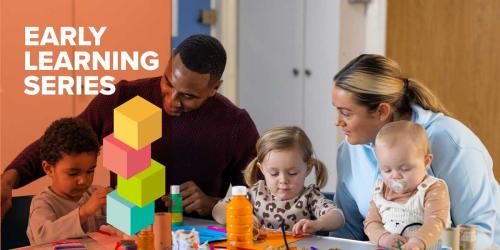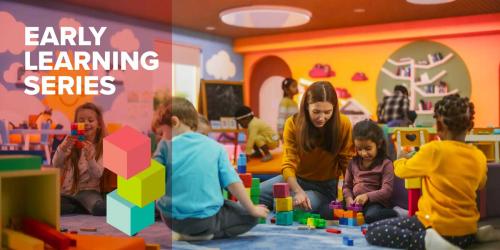Lessons from the Early Years: A Personal Journey Into School-Family-Community Partnerships

It’s been nearly 30 years since the publication of Beyond the Bake Sale: An Educator’s Guide to Working With Parents. Edited by Anne T. Henderson, that book was the first to bring the critical interaction between schools, families, and communities into the mainstream of public education. In it, Henderson and her colleagues provided research-based, practical strategies for moving schools beyond cursory, static relationships with parents and toward meaningful, dynamic partnerships. For me, the book was both an inspiration and a validation.
At the time, I had just begun to pursue a career in education—a career that for the past 25 years now has focused on promoting and supporting the kind of partnerships between schools, families, and communities that Henderson and her colleagues wrote about. Just a few years earlier, however, I had been very much on the other side of the parent-teacher equation.
As the parent of a son who had been diagnosed with a couple minor but challenging learning disabilities, I was frustrated by several of my early interactions with the public school system. His Head Start preschool had been great, in large part because they modeled appropriate school-family partnerships for me and communicated with me regularly when I dropped him off or picked him up. It was a natural and meaningful interaction—I was able to share insights about my son’s behavior and needs, and the providers let me know how I could reinforce what he was learning at school.
First grade was another story. As my son entered the formal public school system, I felt I had little voice in his education. I had no say in choosing his teacher and no meaningful interactions with that teacher or with the school staff. Instead, I began to receive regular “notes home” about his bad behavior.
During this time I was working as a secretary in Richland, Washington. I had just begun to attend college to gain the formal knowledge I needed to effectively advocate for my child. I knew that unless I took an active, hands-on role in my son’s education, he was going to struggle in ways that would impact his entire life. That’s where my journey into school, family, and community partnerships began.
By the time Beyond the Bake Sale was published I had already become a veteran of parent support groups, and I had made myself an active partner in my son’s education. Along the way, my motivation shifted. I not only wanted to advocate for my own son, I also wanted to help other parents and family members who were struggling to navigate a system from which they often felt alienated and disempowered. What started as my need to protect and advocate for my son ultimately became a personal cause and, as a result, a career.
That personal experience still informs the work I do at Education Northwest. And what Beyond the Bake Sale validated for me nearly 30 years ago continues to be supported by both research and practitioner knowledge: Partnerships between family and educators are paramount to a child’s educational and lifelong success.
Ironically, some of the most important lessons I learned about school-family-community partnerships can be traced back to my son’s first experience at a Head Start preschool. And in that I’m not alone—this is one area in which K–12 educators can learn a lot from daycare/preschool programs.
Here are a few key strategies taken from the preschool years:
Communicate Early
In most daycare/preschool programs, parents are free to choose the provider and are encouraged to conduct interviews to ensure a good fit for all parties—children, parents, and providers. These interviews before school starts are a great opportunity to learn about one another and the child, share about the curriculum, and determine how best to partner with one another for the child’s most successful educational experience.
Establish a Consistent, Targeted Strategy for Communicating
In daycare/preschool programs, communication is regular and consistent during drop off and pick up of the children. In infant/toddler care, there are often prepared communications to tell the parents about the child’s day: when and what they ate, diaper changes, any important developments, and so on. Although communications can’t be this intense in the K–12 setting, a consistent, targeted—and agreed upon—strategy should be established to encourage partnership development and enhance student learning.
View the Partnership as one of “Cross-education”
Ideally, communications should be two-way, with both parties teaching and learning from each other and the child’s needs always at the center of the conversation. As in the communications above, the parents tell the provider about what happened during the night that might impact the child’s day and the provider informs the parent about the child’s day and how to enhance the learning and development during the evening.
Ways that K–12 educators help parents enhance their child’s learning include:
- Providing practical tips for how parents can reinforce learning in the home such as helping them connect cooking to math lessons, encouraging a family movie night to introduce a new topic that will be introduced in an upcoming lesson
- Using social media as a way to provide consistent information to families about what their children are learning and doing



